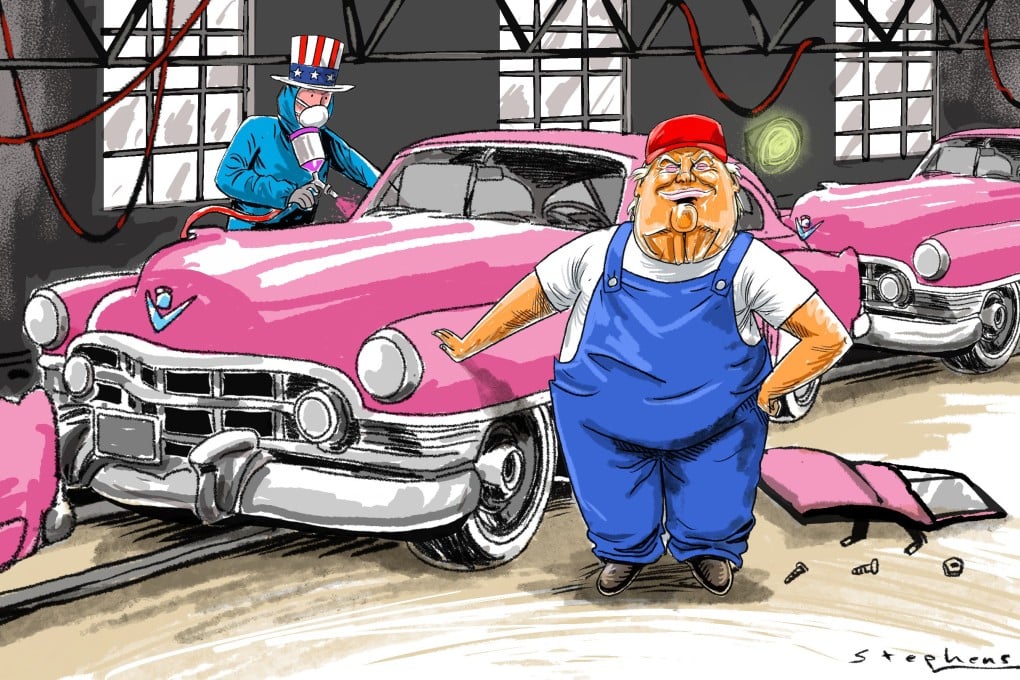Opinion | Trump cannot look to the past to make US manufacturing great again
Instead of competing with China in shipping, rare earths or EVs, the president should target leading-edge industries like aerospace and quantum computing

Liberation Day was a ruse. It was also a major missed opportunity to make meaningful and sweeping industrial policy changes.
A president serious about reshoring would have taken a surgical approach to tariffs, targeting specific industries – healthcare, telecommunications, aerospace and steel – critical to the nation’s economic and security interests. Instead, Trump slapped tariffs on everything.
Blanket tariffs make zero sense. The United States will never go back to the 1950s-style assembly lines to make things like toys, kitchen appliances or vinyl flooring. America long ago lost the skilled labour force, home-grown tooling and equipment, price competitiveness and product development needed to make even these everyday items. But that’s OK. Those products aren’t critical to the US economy, don’t create meaningful jobs and have nothing to do with national security.
